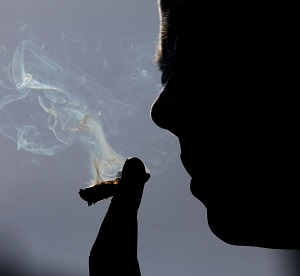London, Jun 17: Exposure to passive smoking in childhood significantly increased the risk of developing rheumatoid arthritis in adult smokers, a study has showed.
Rheumatoid arthritis is a chronic inflammatory disorder affecting many joints, including those in the hands and feet.
The findings showed that in smokers who had childhood passive exposure to smoke, the hazard ratio was 1.73 compared with non-smokers not exposed during childhood.
"Our study highlights the importance of avoiding any tobacco environment in children, especially in those with a family history of rheumatoid arthritis," said lead author Raphaele Seror, professor at the University Hospitals of South Paris, France.
The results of the study was presented at the Annual European Congress of Rheumatology (EULAR) 2017.
Further, in a separate analysis smoking was also associated with increased progression of structural damage to the spine in patients with ankylosing spondylitis -- a painful, progressive and disabling form of arthritis caused by chronic inflammation affecting the spine and large joints.
Smoking led to the formation of new bony growths (known as syndesmophytes), the researchers said.
"Smoking constitutes a major risk factor not only for disease susceptibility but also disease severity in patients with AS," said Servet Akar, professor from Izmir Katip Celebi University, Turkey.
"Rheumatologists should work hard to encourage their AS patients to quit smoking as this could have a major impact on future quality of life," he added.





Comments
Add new comment